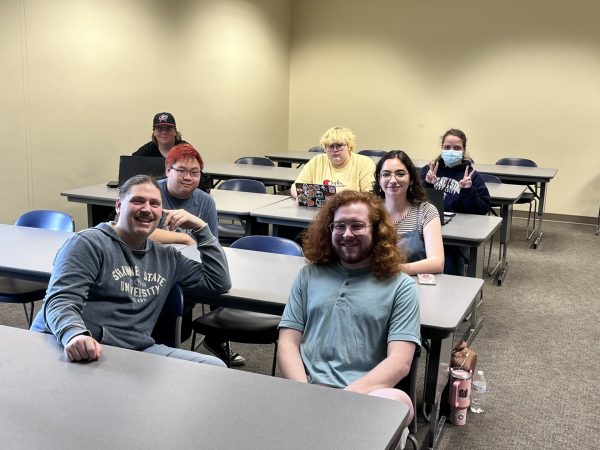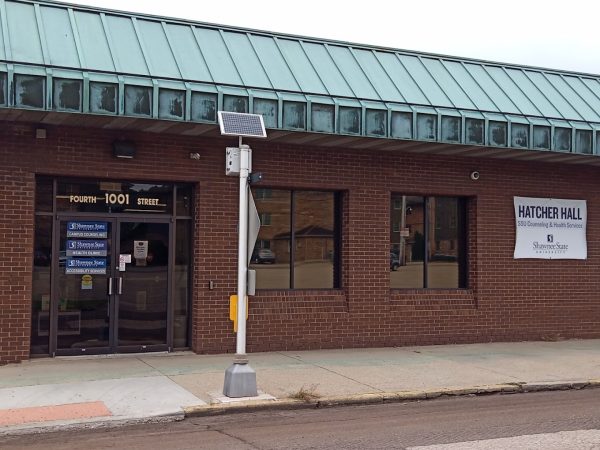Health Issue Reality on Campuses
December 1, 2021
Across America, colleges and universities are dealing with a growing number of students with mental health issues, and many schools aren’t prepared to handle the growing demand. Students take on a great amount of stress that is often not talked about and being in a worldwide pandemic has not aided those already present issues.
A survey of college students in 2020, found that nearly 40% of college students experienced depression. One in three reported having had anxiety, and one in seven said they’d thought about suicide in the past year. Specialists suggest that there is a correlation between social media use and increased anxiety and depression.
Affordablecolleges.org took the time to write down the top mental health issues seen on college campuses, and they are:
- Addiction and Substance Use Disorders
- Attention Deficit Hyperactivity Disorder (ADHD)
- Anxiety Disorders
- Bipolar Disorder
- Eating Disorders
- Depression/Suicide
- Self-Injury
- Sleeping Issues and Disorders
- Schizophrenia
As you can see, the top mental health issue is addiction and substance use. “Statistics show that approximately 80% of college students have abused alcohol, while the abuse of drugs like Xanax and Valium increased by 450% between 1993 and 2005. The causes of addiction are multi-faceted and intertwined, and include genetic predispositions, environmental factors and the use of drugs that are known to be highly addictive,” states a writer from affordablecolleges.org.
When it comes to minority teenagers, specifically African American teenagers, they are less likely than white teenagers to express that they are dealing with emotional distress. Despite the pressing need for help, only one and three African American people receive the help that they need. For many in the black community, it can be incredibly challenging to discuss the topic of mental health due to the concern about how they may be perceived by others. This fear could prevent people from seeking mental health care when they really need it.
To help combat the mental health crisis, most colleges provide free counselors and therapy. Any mental health problem can affect anyone at any time. Some individuals may have mental health issues but do not show symptoms making it difficult to tell what someone is really going through.
“I want to talk about my problems to my friends I know that they will understand and that they care. It is super hard for me to express exactly what I am feeling” says Shantina Justice, a sophomore here at Shawnee State University. “I’ve dealt with depression for a while but it wasn’t until I was on my own a college that I realized things are a lot harder when you don’t really have anybody to depend on like you depending on your parents” says Entiser Mohammed, a business major at Shawnee State.
Thankfully, Shawnee State offers free counseling and therapy along with various other programs making it a safe space for everyone, especially those belonging to minority groups.





